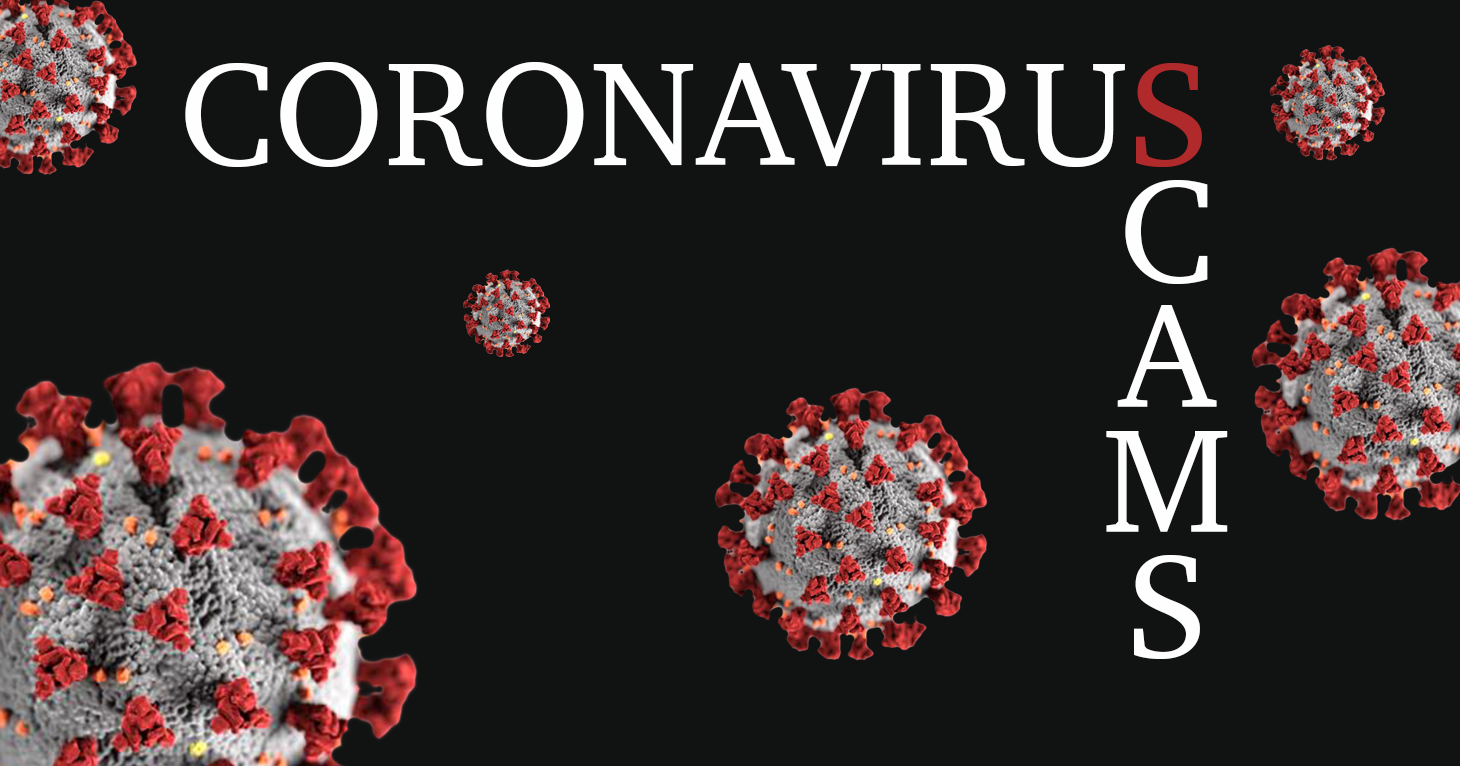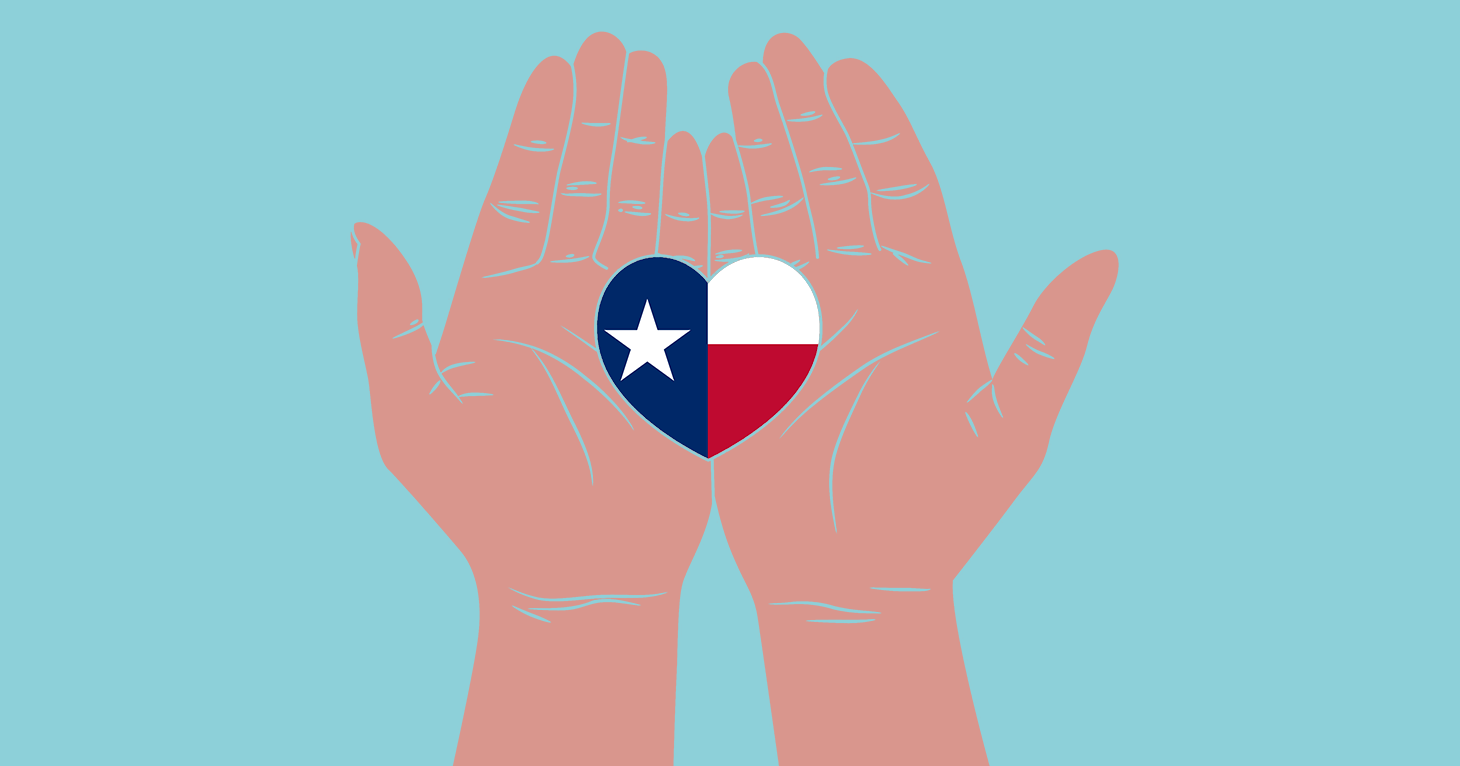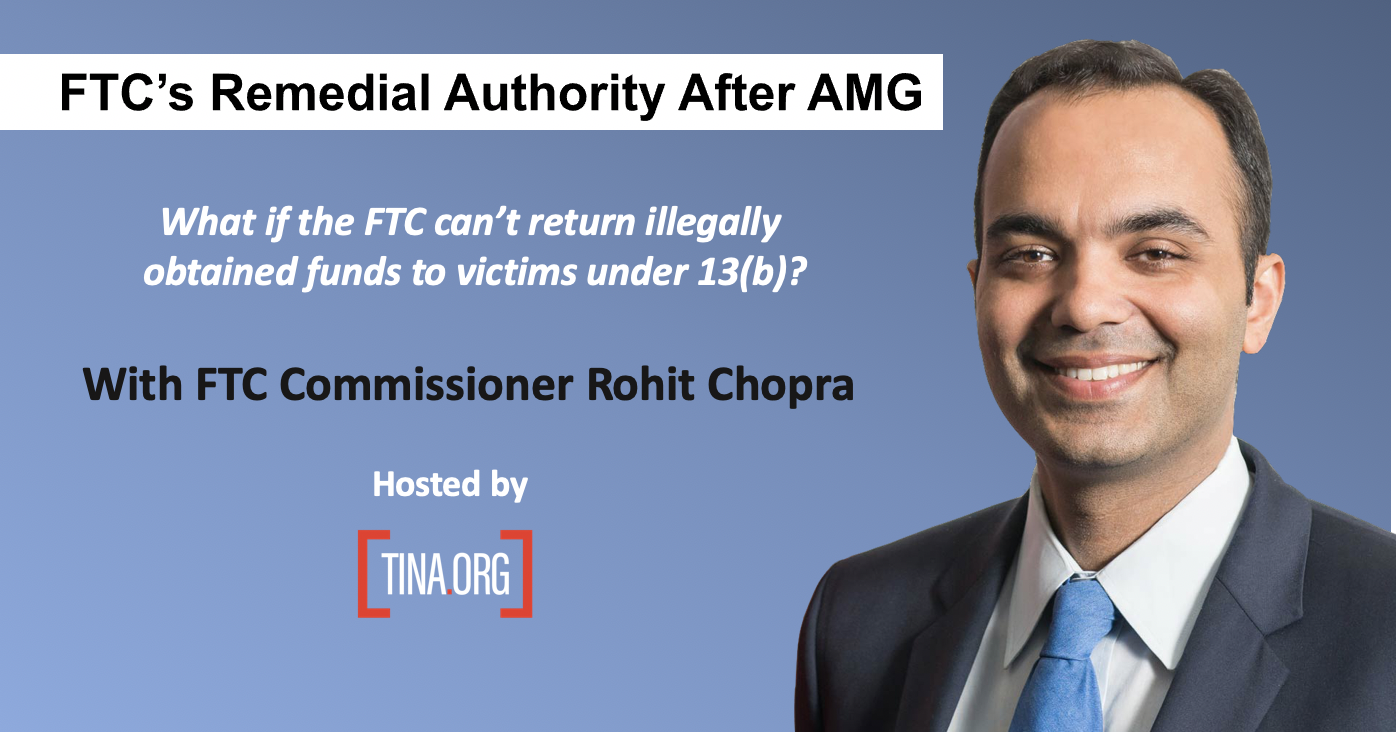
A Growing List of Coronavirus Scams
A master list of known and alleged scams.
If you're going to give, give wisely.
The numbers coming out of southeast Texas in the wake of Hurricane Harvey’s landfall Friday night are staggering. More than four feet of record-shattering rain — enough water to “run Niagara Falls for 15 days,” according to a local meteorologist — in just four days. As many as 30,000 displaced and up to 100,000 homes flooded. And most tragic, at least 30 confirmed and suspected flood-related deaths, including that of a 34-year Houston Police Department veteran who drowned when his car was swallowed in the darkness of a flooded underpass. He was on his way to work.
If you’re wondering what you can do to help and are looking to give, it’s important that you give wisely. Every disaster breeds its share of charity scams, people who aren’t who they purport to be. Here’s what you need to do before you give:
If you believe that a fake charity has contacted you or if you have been a victim of a charity scam, you can contact your local state attorney general’s office, as well as the FTC, and file a complaint.
A master list of known and alleged scams.
In case you missed it, watch the webinar with FTC Commissioner Rohit Chopra.
All that glitters is definitely not gold at this California-based precious metals seller.


